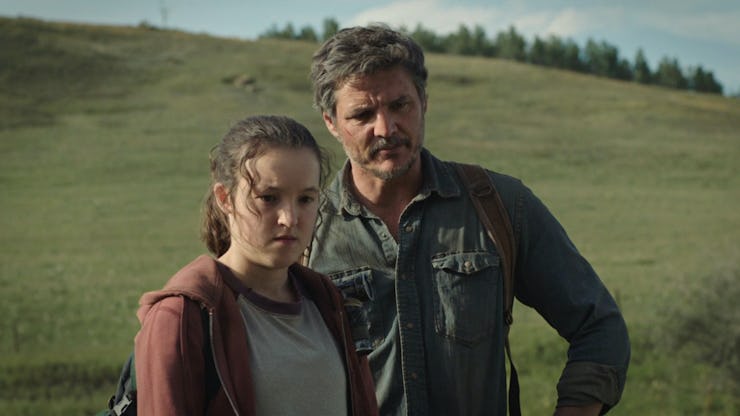The Last of Us Season 2 Needs to Fix the Second Game’s Biggest Flaw
Splitting it into multiple seasons is the only way to truly adapt it.

HBO has found another bona fide hit in The Last of Us. The post-apocalyptic zombie drama has already emerged as one of the more popular and acclaimed TV shows of the past few years, so it didn’t come as much of a surprise when HBO chose to renew it for a second season shortly after its premiere.
It’s already been confirmed that the series’ second season will partly adapt 2020’s The Last of Us Part 2. However, the show’s co-creator and showrunner, Craig Mazin, has also admitted that he believes the game’s story is too large and expansive to be whittled down into just one season of television.
That means it will likely be split into multiple seasons, a creative decision that opens the door for Mazin and his team to fix The Last of Us Part 2’s biggest issue.
There’s a problem with The Last of Us Part 2’s pacing that its HBO adaptation will have to fix.
Structural Issues — The Last of Us Part 2 tells a much bigger and longer story than its 2013 predecessor. The 2020 game is not only twice as long as Part 1, but also splits that time between two characters: Ashley Johnson’s Ellie and Laura Bailey’s Abby. That decision earned it both reasonable and ridiculous criticism upon release.
However, the biggest problem with Part 2 is that it uses a non-linear approach for its story that’s often disorienting, if not downright frustrating. The game relegates major moments involving Johnson’s Ellie and Troy Baker’s Joel to several brief flashbacks, and continually bounces backward and forward in time.
Rather than constantly cross-cutting between Abby and Ellie’s perspectives, The Last of Us Part 2 also chooses to follow Ellie across three consecutive days before flashing back and forcing players to play those same three days over again as Abby. The game is largely split into two 12-hour gameplay sections in which neither of its protagonists ever meet or cross paths.
You can decide for yourself how effective it is in the game, but it’s a narrative structure that simply won’t work in a TV show. Fortunately, if Part 2’s story really does get split into two seasons, then that gives HBO the chance to tell the story much differently.
Several major moments are relegated to brief flashbacks in The Last of Us Part 2.
A Linear Approach — Adapting The Last of Us Part 2 presents a few major challenges, but HBO’s live-action series could solve most of them by simply ditching the game’s non-linear structure and instead telling its story more traditionally. Doing so would allow The Last of Us to flesh out some of Part 2’s most emotionally affecting moments and avoid replicating the game’s frustrating stop-and-start rhythm. The series could even set part of its second season during the five years that pass between the events of The Last of Us and Part 2.
That approach would prevent The Last of Us’ future seasons from having to resort to the same manipulative, Save the Cat-style tricks that Part 2 does. Most of the latter game’s flashbacks take place during that five-year gap anyway, so the HBO creative team already has a good idea of what Abby, Joel, and Ellie’s lives were like.
A dark future lies ahead for Bella Ramsey’s Ellie.
The Inverse Analysis — 2013’s The Last of Us tells a simple, linear story that’s already proven relatively easy to translate into live-action form. The same cannot be said for The Last of Us Part 2, which relies on a non-linear, flashback-heavy storytelling style that’s incredibly hard to get right and barely works within the confines of the game itself.
HBO’s live-action adaptation will therefore have to make a lot of changes if it wants to successfully adapt Part 2. Spreading the game’s story out across multiple seasons will do a lot to help the TV show tackle some of the problems it’s currently facing, but so would bringing a linear approach to a story that, frankly, would have benefitted from being told in a more straightforward fashion anyway.
New episodes of The Last of Us air Sundays on HBO.
This article was originally published on